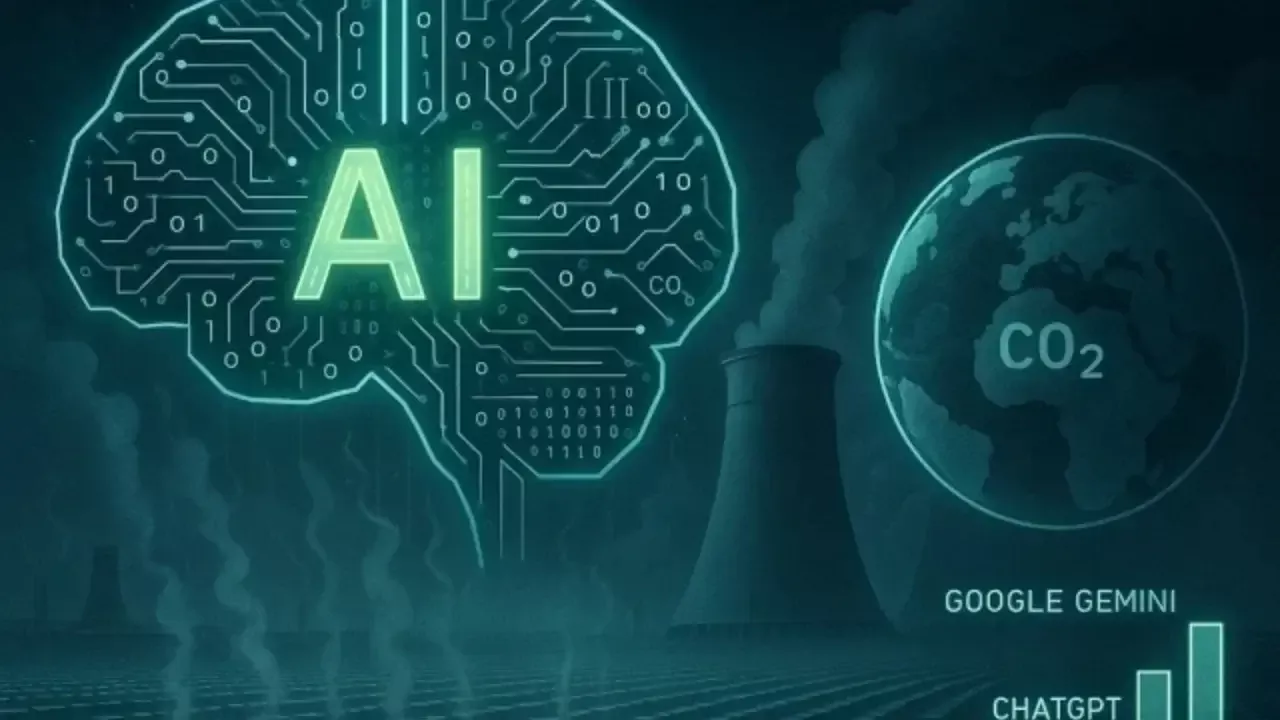Google Gemini reduces energy and water consumption

In recent years, artificial intelligence has become an integral part of human life. This was reported by Zamin.uz.
At the same time, experts are seriously studying not only its capabilities but also its impact on nature. Reports are being prepared on how much energy and water AI models developed by major technology companies consume.
According to the data, Google's Gemini chatbot is considered more environmentally efficient. Reports state that the energy consumed to send one query via Gemini is equivalent to watching a regular television for 9 seconds — 0.24 watt-hours.
The amount of carbon dioxide emitted during this process does not exceed 0.03 grams. Water consumption is approximately 0.26 milliliters, which equals five drops of water.
AI models, including systems like Gemini and ChatGPT, operate in data centers. Thousands of servers generate heat, and a large amount of water is used as a coolant to ensure their stable operation.
Water lowers the temperature and ensures the continuous functioning of the equipment. According to Google’s data, the carbon dioxide emissions from their models are significantly lower.
For example, OpenAI’s ChatGPT model consumes about 2.9 watts of energy per query and emits 4.3 grams of carbon dioxide. These figures show a noticeable difference compared to Google Gemini.
The International Energy Agency warns that energy demand could double within the next five years, with nearly 945 terawatt-hours consumed annually. This implies an increase in environmental pressure as technologies develop.
Google’s recent reports note that since 2019, the company’s carbon dioxide emissions have increased by 51 percent. The main reason is the manufacturing and assembly process of the equipment necessary to operate artificial intelligence.
At the same time, the company continues efforts to improve the efficiency of its models. Since August 2024, energy consumption has decreased by 33 times, and the carbon footprint by 44 times.
However, there are also challenges. For instance, Google Gemini does not provide precise information on how many queries it processes daily.
Therefore, calculating the total energy and resource consumption is difficult. Experts emphasize that such a situation may lead to an incomplete picture of the environmental impact.
Artificial intelligence plays an important role in easing human life. However, its impact on nature must always be under constant monitoring.
Ecologists and experts stress the importance of transparency and clear reporting in this process. Through this, a balance can be maintained between technological development and environmental protection.

